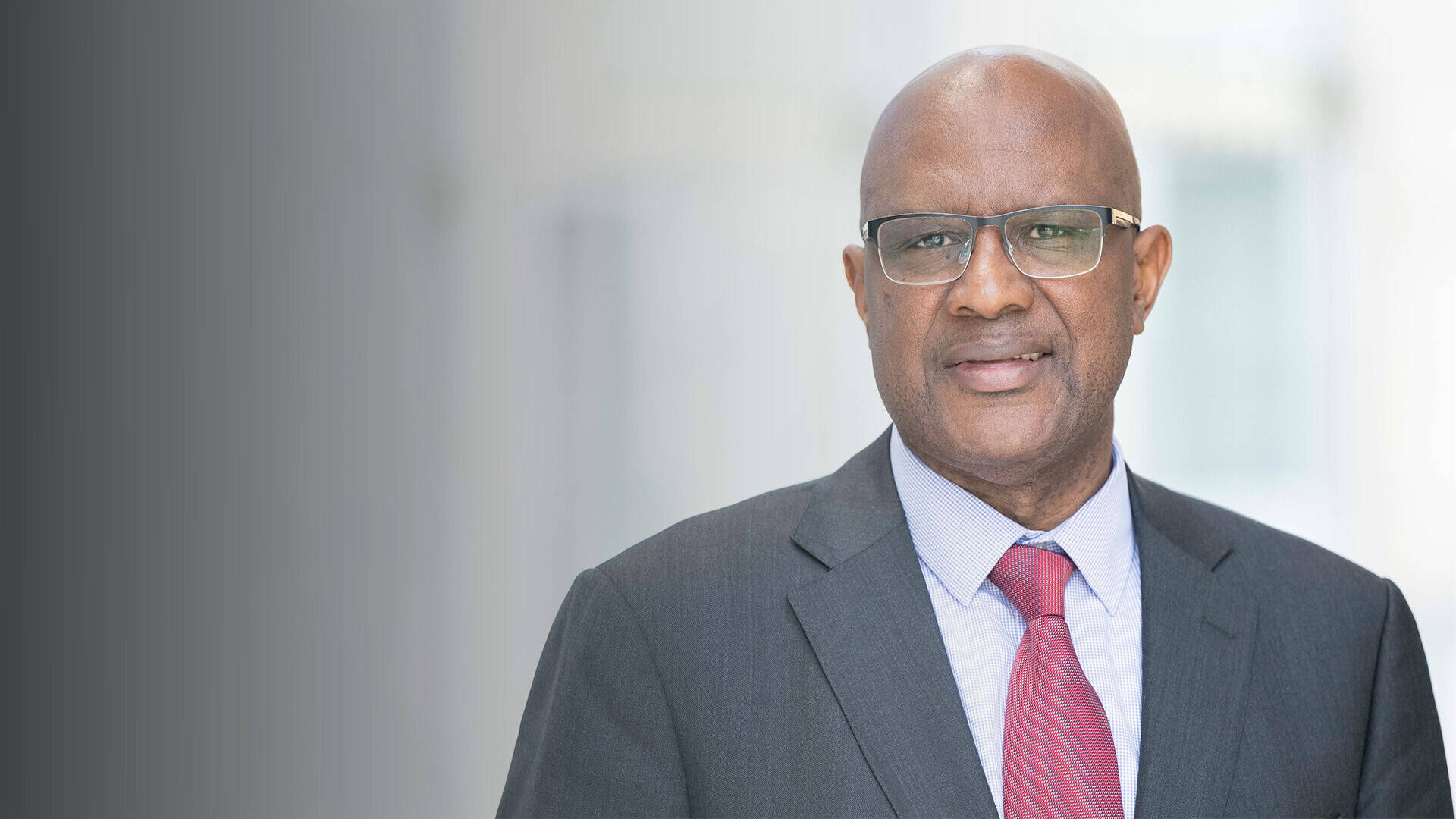As we reflect on our achievements since the EDCTP2 programme was launched in 2014, with a planned end date of 31 December 2026, we can take pride in the unwavering commitment and dedication of EDCTP employees and all our stakeholders. This includes, in particular, our constituencies and those charged with governance, who have worked diligently to ensure that the budget implementation tasks entrusted to the EDCTP Association by the European Commission have been carried out successfully, in line with the agreed timelines and expectations. Our key aim between now and 31 December 2026 is to guide and support our funded beneficiaries in bringing the remaining projects to a successful conclusion. In the first quarter of 2027, the EDCTP Association will provide a comprehensive report to the European Commission, detailing EDCTP2’s expenditure, activities and achievements. This will mark the formal closure of the EDCTP programme.
As the stories in this Annual Report vividly illustrate, the EDCTP2 programme has been tremendously successful in achieving its key objectives: advancing medical interventions for the poverty-related infectious diseases affecting sub-Saharan Africa and building the capacity of countries, institutions and people in sub-Saharan Africa to conduct high-quality clinical research. In his report, the Chair of the Board highlights some of the many examples of the impact of EDCTP2 projects.
Throughout its existence, the EDCTP Association has embedded the principles of equitable partnerships throughout its work – from governance through to the management of individual projects. This approach has contributed to its recognition as a core part of the EU’s Global Health Strategy and as a model for how the EU and Africa can work together as equal partners to address health challenges and promote health security.
Administratively, the EDCTP2 programme has been implemented by a secretariat based in The Hague, The Netherlands, and in Cape Town, South Africa. The third EDCTP programme is being implemented by the Global Health EDCTP3 Joint Undertaking, a legal structure that is embedded within the European Commission in Brussels. I am very happy that Global Health EDCTP3 is a partnership between the European Commission and the EDCTP Association, which represents the European and sub-Saharan African participating states.
As the end date of the EDCTP2 programme approaches, our role is now shifting to provide a focal point and support function for the EDCTP Association. One key aspect of this role is to represent and promote the EDCTP Association. With Eswatini and Namibia having joined in 2024, the EDCTP Association now has 45 members (15 European and 30 African countries).
There remains scope to increase representation still further. We will also be coordinating the financial contributions made by participating states, which form a significant part of the overall Global Health EDCTP3 funding envelope.
The EDCTP2 programme has been a concrete sign of the EU’s commitment to global health, particularly in addressing the poverty-related diseases affecting sub-Saharan Africa. The expansion of the Global Health EDCTP3 programme illustrates that this commitment remains a key strategic priority.
The success stories summarised here demonstrate what can be achieved when partners in Europe and Africa – and increasingly in other countries – come together with a shared focus on improving the lives of some of the world’s most vulnerable populations. While many challenges remain, especially in these uncertain times, these partnerships are saving lives and laying the foundation for stronger health research systems across large parts of sub-Saharan Africa.
Abdoulie Barry
Executive Director, EDCTP Association
Strengthening the EDCTP Association
As EDCTP2-funded projects come to an end, our key goals are to successfully conclude the EDCTP2 funding programme and to transition to a new role at the heart of the EDCTP Association.
scroll down
Abdoulie Barry
Executive Director, EDCTP Association
Message from the Executive Director
